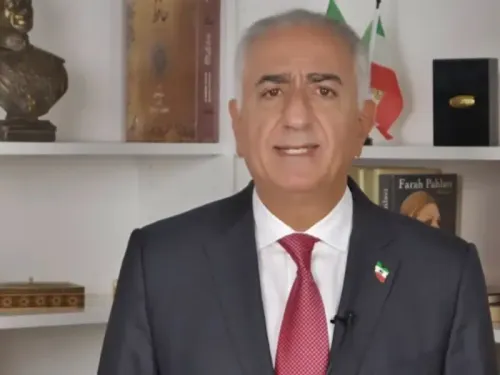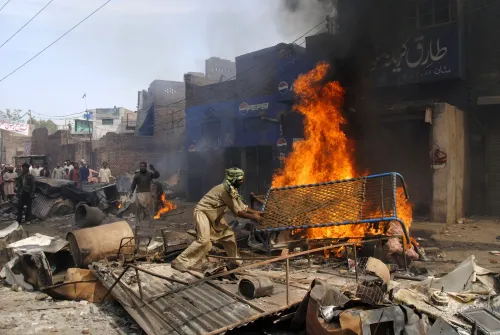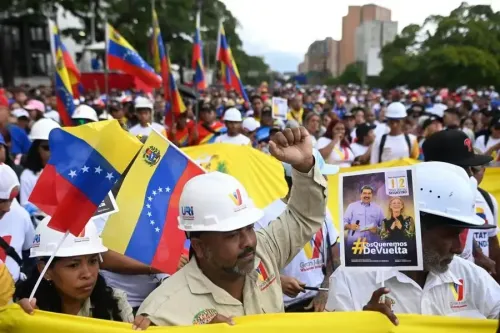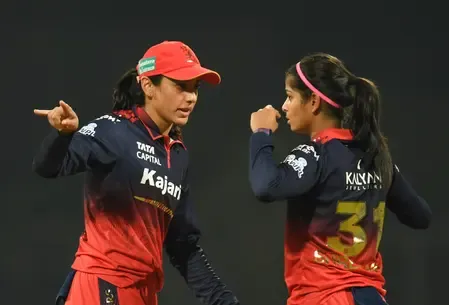How is India’s US envoy addressing tariff challenges with Senator Lindsey Graham?
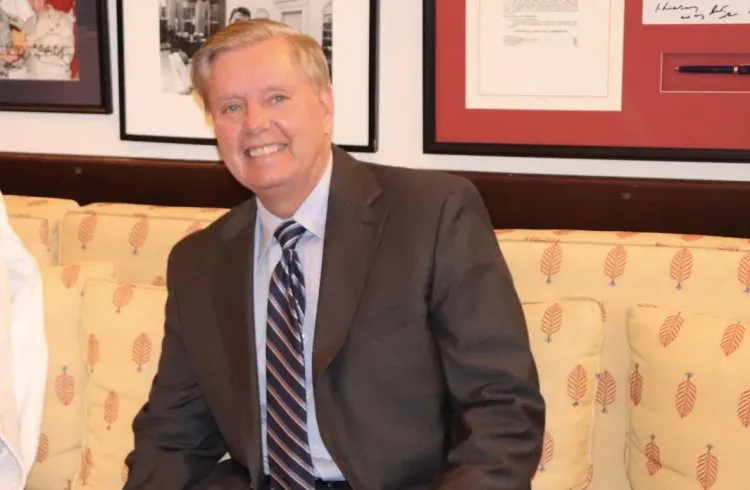
Synopsis
Key Takeaways
- India's energy security is a top priority in US-India discussions.
- The meeting with Senator Graham highlights India's diplomatic engagement amid global challenges.
- India has diversified its oil imports, reducing reliance on any single source.
- The geopolitical landscape affects trade relations significantly.
- India's role in stabilizing global oil prices is increasingly recognized.
New Delhi, Aug 10 (NationPress) India's ambassador to the United States, Vinay Mohan Kwatra, recently engaged with prominent US Senator Lindsey Graham during a period of stagnation in trade discussions between the two nations, particularly following the Trump administration's imposition of punitive tariffs on nations purchasing Russian oil.
In a post on X, Kwatra stated, "I had a conversation with Senator Lindsey Graham to convey the Indian viewpoint regarding our energy security, which includes bolstering energy trade with the United States."
This interaction occurred just after Graham emphasized that India should play a role in facilitating an end to the conflict in Ukraine. The Republican Senator expressed in a post on X, "One of the most significant actions India could take to enhance relations with the US is to assist President Trump in concluding this bloodshed in Ukraine."
In parallel developments, US President Donald Trump is slated to meet with Russian President Vladimir Putin in Alaska on August 15 to discuss strategies for bringing the war in Ukraine to a close. This meeting aligns with the US President's ultimatum for Putin to cease hostilities or face heightened sanctions.
By consenting to this meeting, Putin temporarily alleviates the risk of additional stringent US energy sanctions. Western nations perceive oil as a primary revenue source for the Kremlin, which fuels Russia's military capabilities.
From New Delhi's perspective, Minister of Petroleum and Natural Gas Hardeep Singh Puri recently asserted that India has diversified its oil procurement channels in the global market, allowing the government to feel “not unduly worried” about any potential US actions against Russia's oil exports.
Puri elaborated that India now sources oil from 40 countries, a significant increase from 27 nations in 2007, assuring that the global market remains well-stocked.
He remarked, "Many nations, such as Brazil and Canada, are increasing their output. I’m not particularly concerned about supply issues at this moment. Our sources are diversified."
This statement came in response to Trump's announcement of secondary sanctions on nations importing Russian oil.
Puri further highlighted that India's oil imports from Russia have been crucial in stabilizing global market prices.
He noted that without the India-Russia oil trade, crude oil prices could have surged to $130 per barrel when the Ukraine conflict erupted in 2022.
Prior to the Russia-Ukraine conflict, India sourced a mere 0.2% of its crude oil imports from Russia, a figure that has now escalated to around 40%.
He added that Russian crude is consistently priced under a cap of $60 per barrel but has not faced sanctions.
On Friday, India firmly refuted media claims suggesting that New Delhi has halted discussions with the United States regarding defense procurements amidst the ongoing trade deadlock.


